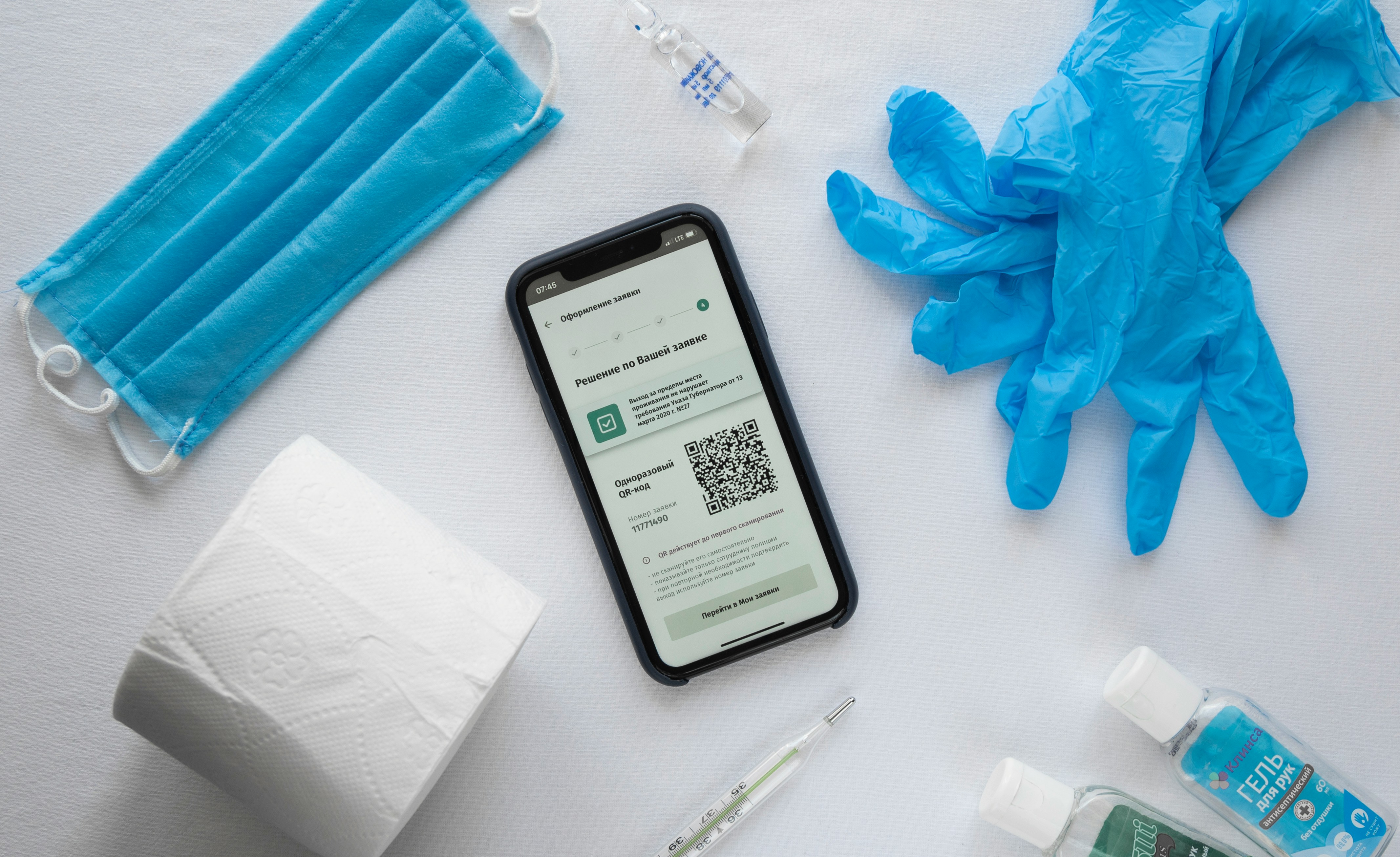
As discussed in my major project idea proposal, my idea could easily be adapted and incorporated into our existing healthcare systems but partnering with the NHS.
From some initial research I can see this is a common approach with apps that would be considered my competitors.
The National Health Service (NHS) is the umbrella term for the publicly funded healthcare systems of the United Kingdom. In 2014, the total health sector workforce across the United Kingdom was 2,165,043. This broke down into 1,789,586 in England, 198,368 in Scotland, 110,292 in Wales and 66,797 in Northern Ireland. Every 24 hours it sees one million patients, and with 1.7 million staff it is the fifth biggest employer in the world, as well as the largest non-military public organisation in the world.
Prescribing is the most common patient-level intervention in the NHS, and covers all sectors of care: primary, hospital, public and community health. It is the second highest area of spending in the NHS, after staffing costs.
Through the use of technology, the NHS has been able to manage elements of the pandemic. For example, the NHS 111 online service provided relief for call handlers by supplying coronavirus advice on a larger, wider scale for people as well as working alongside “companies such as Google and Twitter to direct people to the correct advice and counter misinformation”.
The response from the NHS in regards to the pandemic highlights how quickly and effectively they can adapt and transform their means of service when it becomes a necessity. In many ways, this demonstrates the abilities technology has when a clear problem is identified and people are given the support to make innovative progress. Over time, more patients should be able to access medical information and advice without needing face-to-face contact and therefore help manage the raised demand on our healthcare professionals and minimise the risk of infection.
The digital transformation of the NHS affects all areas whether it be our hospitals or GP surgeries. However, it also impacts the experience of many user groups, from front-line staff to general patients. At a time of high pressure on our healthcare professionals and services, digital progression enables NHS workers to focus on the things that matter by providing them with relevant technology that makes their workload that bit easier. In a podcast from Digital Health Unplugged, they discuss the importance of user experience when designing digital health tools and how they could ultimately save nurses five weeks of time per year using technology solutions.
The NHS as an organisation is open to partnerships and relationships as their mission, with their partners, is to improve health and secure high-quality healthcare for patients, now and for future generations. As a result of COVID 19, more people than ever are looking for remote solutions in every aspect of their lives. This helps reinforce that my major project concept would be a benefit to its users and once I perform further competitor research I’ll be able to target the aspects currently lacking in the existing market.
Research Information Sources:
*https://en.wikipedia.org/wiki/National_Health_Service*
*https://digital.nhs.uk/data-and-information/areas-of-interest/prescribing*
*https://www.nuffieldtrust.org.uk/files/2020-08/the-impact-of-covid-19-on-the-use-of-digital-technology-in-the-nhs-web-2.pdf*